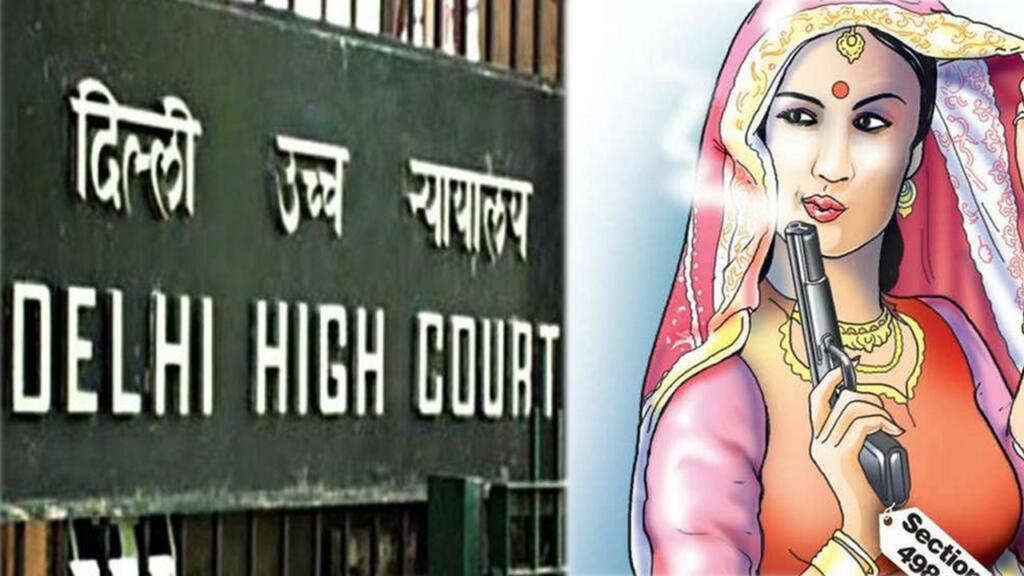In a recent development, the Delhi High Court has taken a significant step in addressing the growing problem of false accusations of dowry harassment and rape charges. This bold move by the court reflects a broader concern within the legal system regarding the misuse of laws designed to protect women’s rights.
The Delhi High Court made it clear that false allegations of dowry harassment and rape, especially when leveled against the family members of the husband, constitute an act of “extreme cruelty.” This recognition is a crucial step towards ensuring that the justice system remains fair and just for all parties involved.
The recent judgment by the Delhi High Court emphasized that making baseless accusations can have severe consequences. It noted that depriving a spouse of cohabitation and a conjugal relationship is also an act of extreme cruelty. This underscores the fundamental importance of these aspects in a matrimonial relationship.
The case in question involved a woman who had challenged a family court’s decision to grant a divorce decree to her estranged husband on the grounds of cruelty. The two-judge bench, comprising Justices Suresh Kumar Kait and Neena Bansal Krishna, made these remarks while rejecting the woman’s appeal. Their decision sends a clear message that false accusations will not be tolerated.
However, the issue of false dowry harassment and rape charges is not unique to the Delhi High Court. In a recent development, the Calcutta High Court also addressed this growing concern, referring to it as “legal terrorism” in certain cases involving women. This acknowledgment sheds light on a troubling trend where laws intended to protect women’s welfare are being manipulated for personal gain, resulting in an injustice to the accused.
Also read: Article 370 supporters face CJI Chandrachud’s scathing criticism
Justice Subhendu Samanta, presiding over a single-judge bench, highlighted the misuse of Section 498A, a provision initially introduced to safeguard women from dowry-related harassment. While the intent behind this provision is commendable, it has increasingly been exploited to engage in what can only be described as legal terrorism through the filing of baseless cases.
The Delhi High Court’s stance and the Calcutta High Court’s acknowledgment of this issue bring attention to the urgent need for a balanced and fair legal system. While it is essential to protect the rights and well-being of women, it is equally crucial to ensure that individuals are not unfairly targeted and harmed by false accusations.
The Delhi High Court’s recognition of the severity of false accusations of dowry harassment and rape charges sends a powerful message. It underscores the importance of truth and justice in legal proceedings. Accusations of such grave offenses must be thoroughly investigated, and those found guilty of making false claims should face appropriate consequences.
The recent judgments by the Delhi High Court and the Calcutta High Court reflect a growing concern within the legal system regarding the misuse of laws designed to protect women’s rights. While safeguarding women’s welfare remains a critical objective, it is equally important to ensure that individuals are not unjustly targeted through false accusations. These developments emphasize the need for a balanced and fair legal system that upholds justice for all parties involved.
Support TFI:
Support us to strengthen the ‘Right’ ideology of cultural nationalism by purchasing the best quality garments from TFI-STORE.COM
